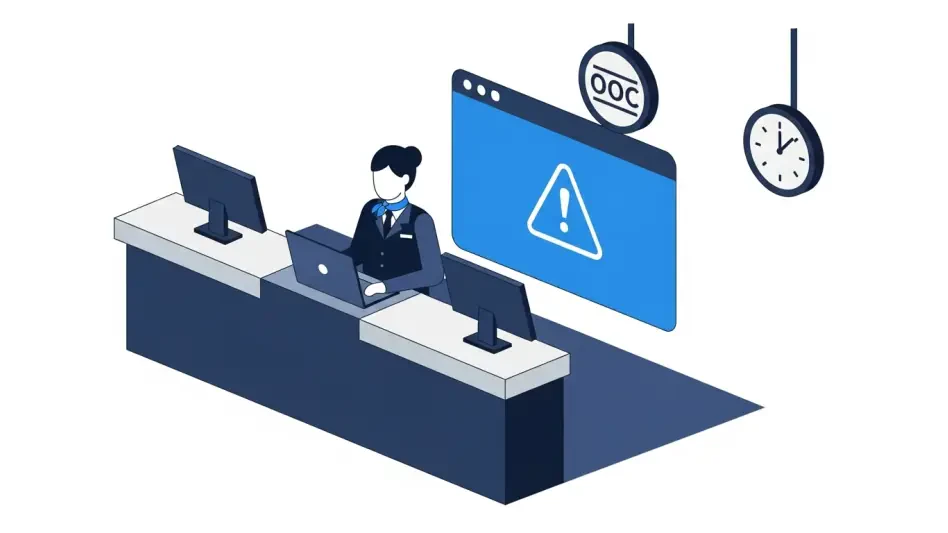As digital transformation continues to revolutionize every aspect of modern life, it drives the necessity for robust cybersecurity defenses. A persistent and daunting challenge has emerged: the cybersecurity skills gap, characterized by an alarming discrepancy between the demand for skilled professionals and the available workforce. This shortfall poses significant threats to organizations worldwide, leaving many struggling to protect sensitive data from increasingly cunning cyber adversaries. The stakes are high as the industry grapples with finding effective ways to recruit, train, and retain the next generation of cybersecurity experts who will safeguard our interconnected digital landscapes.
The Growing Complexity of Cyber Threats
Evolving Technological Landscape
The rapid adoption of technologies such as cloud computing, artificial intelligence (AI), and the Internet of Things (IoT) has significantly increased the complexity of cybersecurity challenges. This evolution demands professionals who are not only versed in traditional IT security measures but also possess specialized knowledge to combat ever-evolving cyber threats. Cybercriminals have become adept at exploiting these advanced technologies, utilizing them to orchestrate sophisticated attacks that are quicker and more effective than ever before. In this climate, the need for professionals well-versed in cutting-edge defensive strategies has never been greater.
In the face of such challenges, many organizations report feeling ill-equipped to withstand these digital onslaughts. A vast majority of enterprises express concerns about the inadequate skills of current cybersecurity staff to manage threats effectively. These deficiencies leave critical sectors vulnerable, where the repercussions of data breaches can result in not only financial losses but also eroded trust in digital systems. Consequently, organizations are left with no choice but to refocus their recruitment and training strategies, prioritizing the development of a proficient and dynamic cybersecurity workforce.
Workforce Shortages and Their Impact
Despite a marked increase in the global cybersecurity workforce over the past few years, the shortage remains stark, with an estimated gap of millions of professionals needed to meet global demand. This gap is not just a numerical deficiency but reflects a profound vulnerability in the defense mechanisms that protect valuable digital assets. The implications of this shortage are far-reaching, leading to heightened risks and potential economic impacts. Several organizations within key sectors, such as finance, energy, and government, report significant understaffing issues, which undermine their ability to implement robust security strategies.
An industry-wide recalibration is urgently required to fill these gaps with competent professionals who can ensure the security of digital infrastructures. This entails not only attracting new talent to the field but also retaining existing professionals by providing opportunities for continual skill enhancement. As more enterprises pivot to digital business models, the inadequacy of cybersecurity measures poses threats that extend beyond individual organizations, affecting the broader integrity of global digital ecosystems. Addressing these issues requires a strategically coordinated approach that taps into both education and industry resources.
Rethinking Cybersecurity Education
Shifting Focus to Skills and Certifications
As the cybersecurity field evolves, traditional education models that emphasize university degrees are proving insufficient in preparing professionals for real-world challenges. A shift towards skill-based hiring and industry-recognized certifications has emerged as a preferred pathway for cultivating well-equipped cybersecurity experts. Companies increasingly prioritize candidates who can demonstrate hands-on skills and practical knowledge rather than solely academic credentials. This approach aligns hiring practices with the dynamic and rapidly changing requirements of cybersecurity roles.
By eliminating often outdated degree requirements, organizations open access to a wider pool of talented individuals who possess practical skills and relevant certifications. This movement towards skill and competency-focused education not only diversifies the workforce but also accelerates the development of a new generation of professionals poised to meet the industry’s challenges head-on. Leading companies now utilize hands-on training environments and assessments to evaluate candidates, recognizing the value of real-world experience and technical expertise in addressing modern security threats.
Engaging the Next Generation
Introducing cybersecurity concepts to younger audiences is crucial for feeding the talent pipeline. Initiatives that target high school students with introductory certifications and global online training opportunities are gaining traction. These programs aim to demystify cybersecurity and make it accessible to diverse groups, highlighting various career paths from ethical hacking to digital forensics. By exposing students to the field at an earlier age, these initiatives build foundational skills that can evolve over time, nurturing future professionals ready to tackle cyber challenges.
Furthermore, engaging educational institutions to integrate cybersecurity into standard curricula ensures that students develop essential skills and awareness from a young age. Such engagement goes beyond technical training, encouraging problem-solving skills, ethical considerations, and strategic thinking—key attributes for any cybersecurity professional. Through well-rounded education and exposure, students can envision futures in cybersecurity, adding to a robust and skilled workforce equipped to secure digital spaces in an uncertain technological landscape.
Collaborations and Training Innovations
Partnerships Between Academia, Industry, and Government
Collaboration between academia, industry, and governmental bodies is vital for building a resilient cybersecurity workforce. These partnerships bring together the best resources and expertise to offer comprehensive training inclusive of hands-on experiences and exposure to real-world challenges. Through joint initiatives, such as internships, apprenticeships, and research programs, students and educators can gain vital insights into the demands of cybersecurity roles. These cross-sector efforts ensure educational curricula remain relevant and in sync with current industry requirements.
Shared endeavors of industry and academia make it possible to offer programs that blend theoretical knowledge with practical applications, further enhancing the skills and readiness of aspiring professionals. By providing both students and educators with the latest tools, technologies, and methodologies, partnerships serve to strengthen the cybersecurity talent pipeline. The coordination of resources and ideas fosters innovation and builds a community of specialists poised to address the specific and evolving challenges posed by cyber threats.
Emphasis on Lifelong Learning and Upskilling
Another significant strategy for bridging the cyber skills gap is fostering a culture of lifelong learning and continuous upskilling. As threats and technologies evolve, it is imperative for both new entrants and seasoned professionals to regularly update and augment their core competencies. Offering opportunities for advanced certifications and workshops on emerging cyber landscapes is an essential aspect of skill development. Employers play a crucial role by providing resources and supportive frameworks for their staff to pursue ongoing education.
Organizations that invest in their employees’ continuous learning not only enhance their overall security posture but also contribute to job satisfaction and retention. Encouraging professionals to pursue ongoing education results in a workforce equipped to handle an ever-changing threat landscape with confidence and expertise. Continuous learning models underscore the necessity of adaptability in cybersecurity, ensuring experts remain at the forefront of technological innovation, ready to safeguard the rapidly evolving digital world.
Towards a More Secure Digital Future
As digital transformation continues to revolutionize all facets of modern life, it also heightens the urgency for robust cybersecurity defenses. A persistent and intimidating issue has emerged: the cybersecurity skills gap, marked by a troubling mismatch between the heightened demand for skilled professionals and the available qualified workforce. This deficit poses major risks to organizations globally, causing many to struggle in safeguarding sensitive data from increasingly sophisticated cybercriminals. The consequences are severe, as the industry strives to establish effective strategies to recruit, educate, and retain the upcoming generation of cybersecurity experts responsible for protecting our increasingly connected digital domains. Addressing this skills gap is crucial to maintaining security and privacy in a world where technology permeates everyday life, making it imperative that we focus on building a talented workforce capable of tackling the increasingly complex cyber threats.








